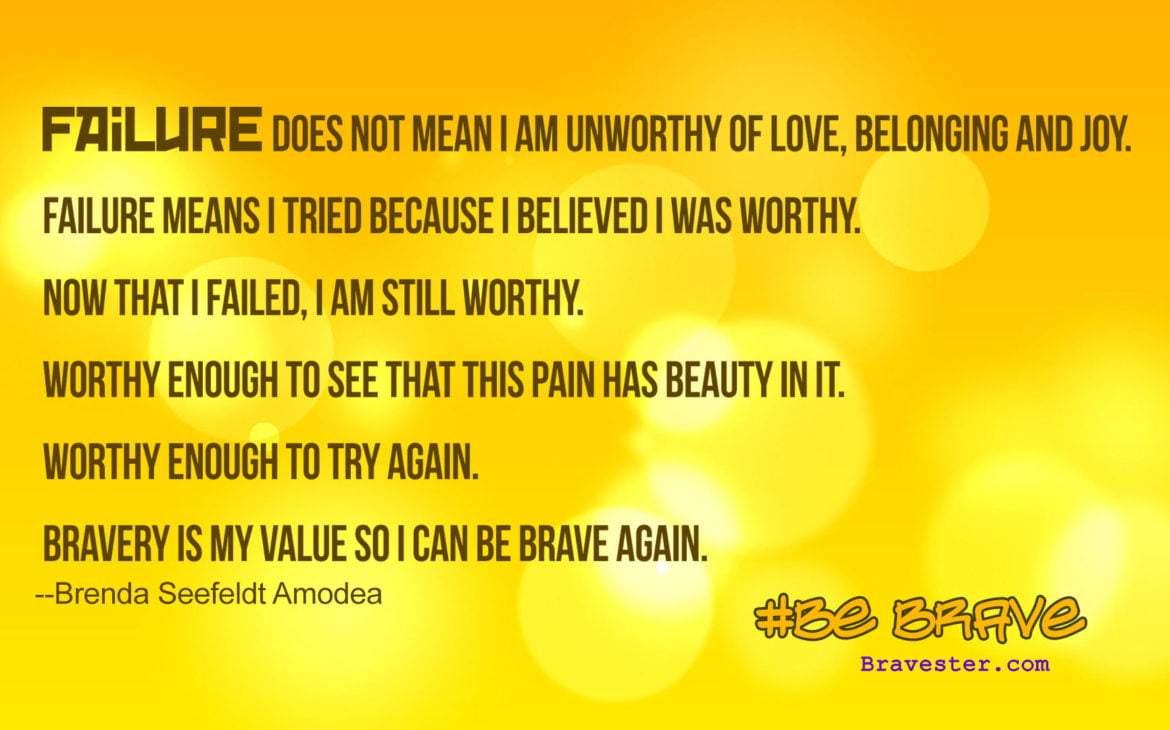You Would Rather Have the Grittiest Kid

Report cards. For some of you, good grades come easy for your child. For some of you, report cards increase the tension.
Fact that I’ve learned from my own boys and from substitute teaching for 27 years: Not every kid fits into the box that public education is. There is so much money thrown at public education to fix this but I believe it will never be fixed. The larger the school system becomes, the smaller the box becomes that everyone has to try to fit into. Some teens thrive in the public school system box. Some don’t. And this becomes an issue of anxiety, stress, and depression. The grades may or may not be a reflection of this.
Thankfully we are a part of internet world so there are many more options for education. But the reality is that for many public school education is the only option for legitimate reasons.
Parent, there is so much to navigate in all of this. Who’s in your circle to help? Bravely navigate this so that your teen keeps his/her desire to learn.
And learn about grit. Use this as a better measure of success than grades.
Grit is a combination of passion and persistence.
Demonstrating grit could involve:
- Finishing what you begin
- Staying committed to your goals
- Working hard even after experiencing failure or when you feel like quitting
- Sticking with a project or activity for more than a few weeks
Grit is very different than good grades and will be a better indicator of growth and responsibility for your teen. So says what the research is discovering.
Problem solving is a task that adolescents need to learn. This is a new concept for them to process. We as adults tend to forget that this is a something new as a part of adolescent development. Because we do have everything figured out, right? We don’t have our own failures, right? But we have learned problem solving skills. We have learned our problem solving skills by living. We have learned grit.
This is new to the teen in the midst of the adolescent development process. What is so commonplace for you needs to be taught to your teen—by you.
Here are some tips to help you teach your kid grit:
- Give your child the opportunity to pursue at least one difficult thing.
- Instead of praising your kid for grades or for being “smart,” praise for being tenacious and determined. Focusing on those qualities of “stick-to-it-ness” may help kids succeed more than praise for particular achievements.
- Being confused, frustrated, and sometimes completely bored out of your mind is part of the journey. When teens understand that learning isn’t supposed to be easy all the time—and that having a tough time doesn’t mean they’re stupid—tenacity comes easier. Help put words on the pain of confusion, frustration, and boredom.
- Do a word study on that word tenacious. What a strong word. Post that word on your refrigerator.
- Allow your child to get frustrated. Allow the holy tension to be a part of your teen’s life too.
- Be a role model for your child of “grittiness.” Try new things and talk about how difficult they are and how whatever doesn’t come easily to you. Talk about your own goals (maybe running a half-marathon, cleaning out the basement) and explain how you set smaller goals to achieve them. Share your own struggles and how you got past them.
- Share about your own holy tension.
- Remind your kids every day that failure is not something to be afraid of.
- Resist your urge to fix. Remember that problem solving is an adolescent developmental task.
- All of the most successful people in the world will tell you that it’s about trying again for the 99th time. Share about your “trying agains” often. Just because you now understand problem solving doesn’t mean that you are exempt from problems now.
Want a TedTalk on grit?
Here is an internet test you can take to test your own grittiness. How did you score?
Be inspired that maybe you don’t have the smartest kid, maybe you have the grittiest kid.

(photo credit: Ian Kim, Unsplash.com)






Comments
Trackbacks & Pingbacks
[…] includes failure. Actually adolescence is full of failure. Failure is survivable and helps grow grit. But who is teaching teens that all of us fail at faith at times? They see us loving adults who […]
[…] the character you are building that they have less opportunity to gather. Remember you have GRIT and RESILIENCE. Remember that you are a STRONG BAD ASS PERSON. You have had pitfalls and failures. […]
[…] is from this discomfort that your teen learns grit and the power that grit will have for the rest of his/her […]
[…] includes failure. Actually adolescence is full of failure. Failure is survivable and helps grow grit. But who is teaching them that all of us fail at faith at times? They see us loving adults who have […]